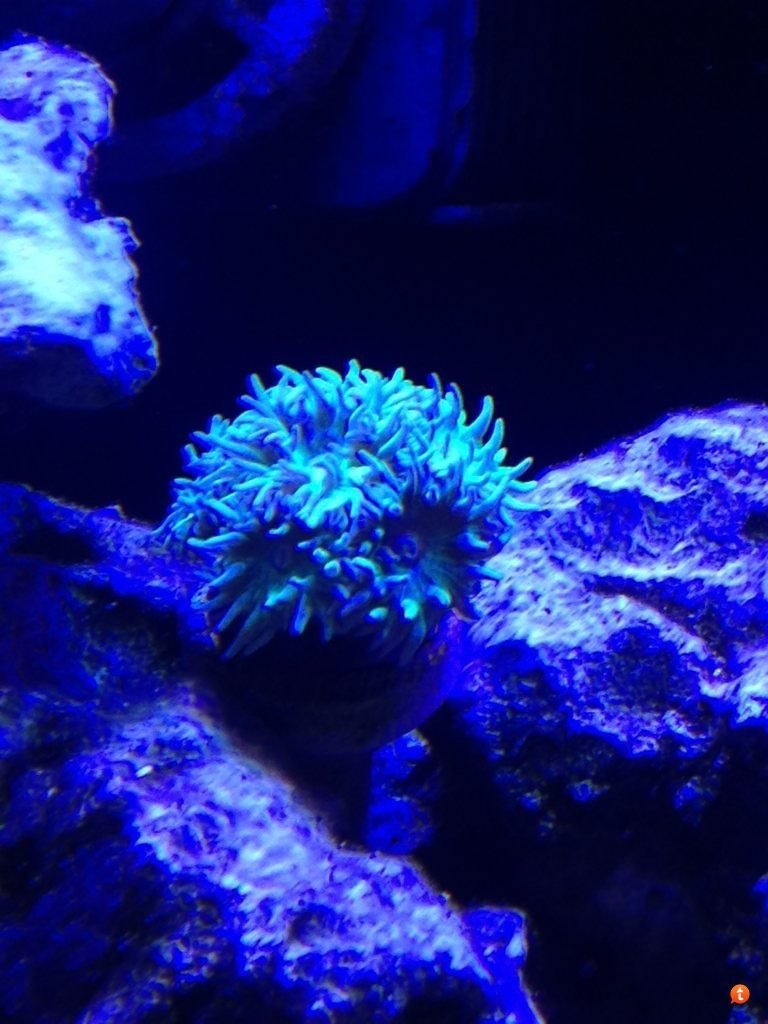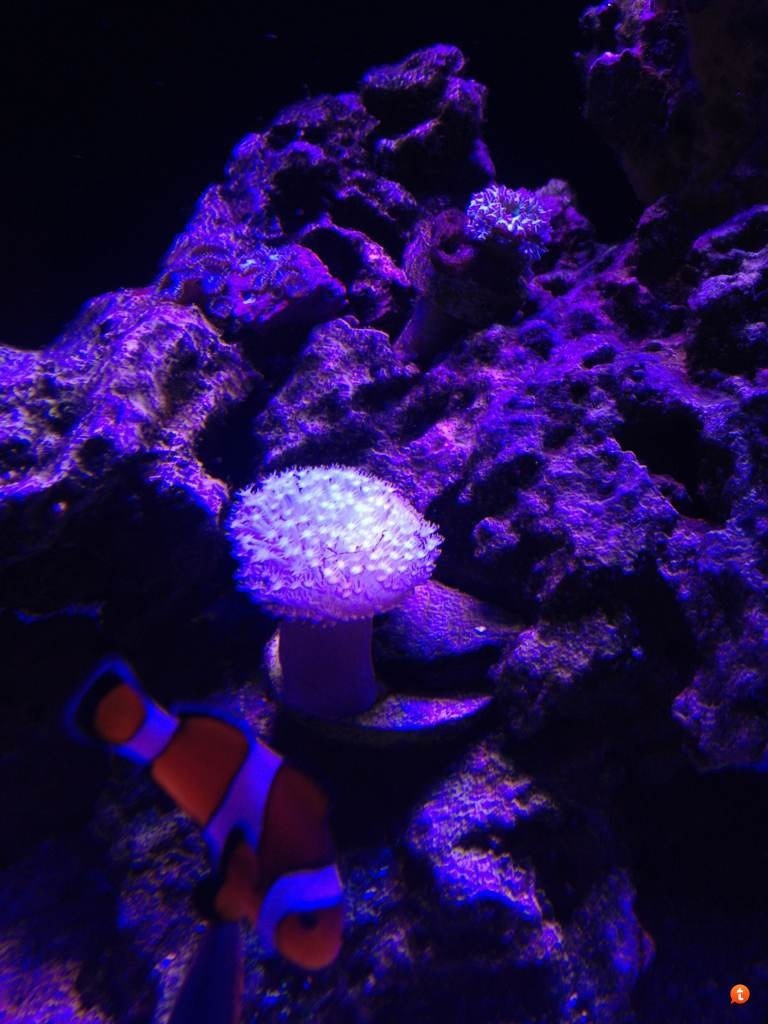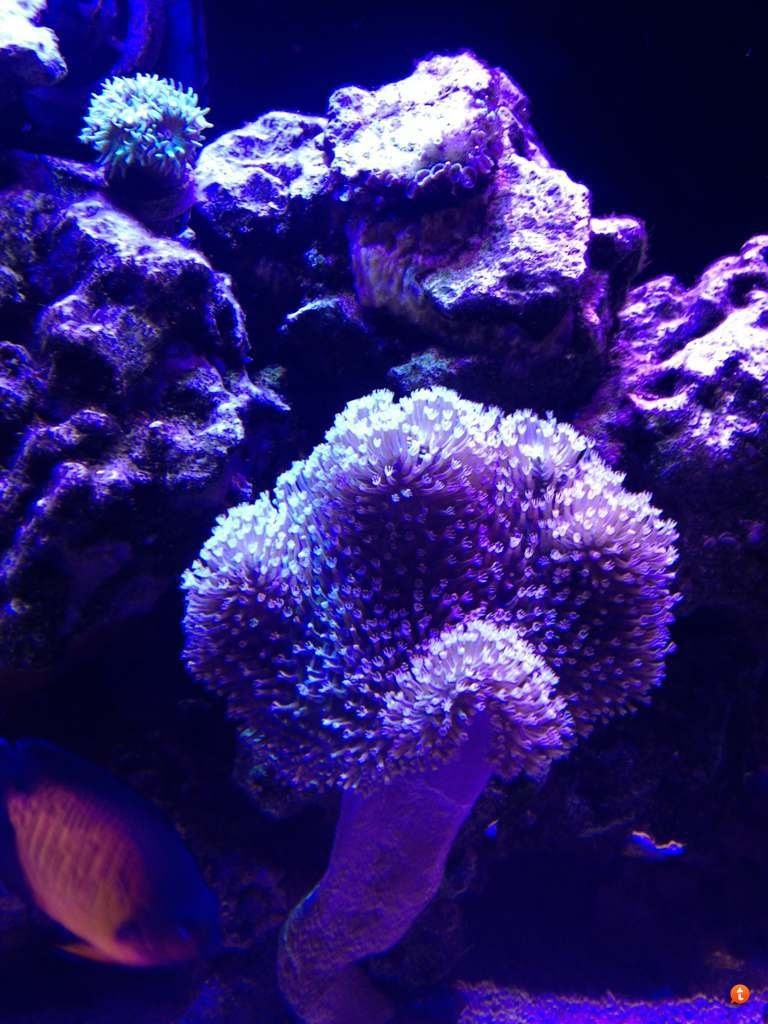Quote:
Originally Posted by
Pegasus http:///t/397050/new-skimmer-corals-look-great#post_3538003
I don't get mad when I discuss/debate principles or theories. There are lots of articles that will back up what I mentioned, even though I sometimes don't express myself correctly. For example (C&P'd from DrsFoster&Smith):
"Maintaining good water quality is the single most important factor in establishing a healthy and beautiful marine aquarium. In order to successfully house marine species, the aquarium water needs to be free of toxic substances such as ammonia and nitrite. In an established aquarium, ammonia and nitrite are promptly converted into a less toxic substance called nitrate through a natural process known as the nitrogen cycle.
In low to moderate concentrations, the end product of the nitrogen cycle (nitrate) is not toxic to fish and invertebrates. However, certain marine species, such as corals, are sensitive to even low levels of nitrate. They require excellent water quality with low nitrate levels to thrive. For this reason, many aquarists feel that a protein skimmer is an absolute necessity for saltwater aquarium systems - especially reef aquariums or those that are heavily stocked with large or carnivorous fish.
Protein skimmers actively remove waste products from fish, plants, and invertebrates (along with any dead organisms or uneaten food) before it has a chance to break down and compromise water quality. In addition to their primary function of removing organic materials from aquarium water, protein skimmers have many secondary benefits. Through the removal of dissolved waste materials, protein skimmers reduce nitrate buildup, help prevent aggressive algae growth, and improve water clarity to enhance light penetration for a brighter, cleaner, and clearer aquarium. With less waste to process, your existing filter will also be able to function more efficiently, reducing the amount of time you spend on regular aquarium maintenance."
I'm not a rocket scientist, and I'm certainly not a marine biologist, but it sounds like the skimmer's purpose is to remove the organics that break down and lead to nitrates. Rebuttal?
Hi,
I'm very relieved that you are mature enough to be able to debate without an attitude...
LOL...I think you were doing pretty good on your understanding, until the last paragraph. Skimmers do not remove fish waste nor the dead organisms or uneaten food....That stuff is the live rock critters, and CUCs job. That higher on the food chain stuff starts out as ammonia. A skimmer will not prevent ammonia, nitrites or nitrates in your reef system. I wouldn't run my reef without either a skimmer, and GFO reactor...or...at least macroalgae in a refugium. a skimmer takes out the organic waste AFTER it is broken down, not before.
If you run the skimmer on a new tank...it won't do squat. You toss in a chunk of raw shrimp (or sadly a live fish) to kick start the cycle, and you will have ammonia, then nitrites and last nitrates to complete the cycle. The skimmer won't slow it down, nor prevent it. In fact the skimmer won't do anything, not even make skimmate. Over time (the result of stuff breaking down) the skimmer will produce foam...but unless you remove the nitrates via a water change...they will remain, the skimmer can't remove your nitrates until it has been broken down to a lower point on the nitrogen cycle, by then more nitrates are added by the critters you keep in the tank, and the food you feed them...the skimmer will only help reduce the extra organic waste from becoming algae fodder. It will absolutely not reduce your nitrates. I have to ask...Did you even read the article I posted? Can you produce an article that says a skimmer can reduce your nitrates, and how it does it?
Also a skimmer will not lower the maintenance schedule, it actually adds another step...empting and cleaning the skimmer cup. I'm afraid we are stuck with the chore of upkeep no mater what, unless you want to invest in keeping macroalgae...or a turf scrubber to absorb all the nasty's that our chemical methods try to do. Then it's just different maintenance...you must spend the time to pluck the extra macros that outgrow (harvesting) or cleaning the turf scrubber every week (which really sounds like a huge hassle to me). The only real difference between the two methods is really cash flow...keeping up with macroalgae or a turf scrubber as opposed to mechanical means, will also keep money in your pocket.
There are many, many ways of keeping a reef tank, we do what fits us best, there is no right or wrong way as long as the critters are healthy. If we have a problem, look to those who have overcome it before, because they have hands on experience. If you ask someone how they manage their system, you will get their method, if you ask 100 people, and you will get 100 different answers, with similar points of agreement.
The skimmer has it's place, but it is not a must have piece of equipment, since you can get
better results with macros and/or regular water changes. That is because along with a skimmer, you still need a mechanical method to remove PO4 (phosphate), and nitrates...even then without water changes, you must dose the tank to keep the trace elements up.
No matter what, there is work to be done. LOL...I even had to add RO water to my holding tank for my ATO system...so instead of just topping off the tank, I topped off the ATO container. It actually added more work, and didn't save me any time at all, but it did keep the SG more Stable for my sea critters, and that was my goal.




